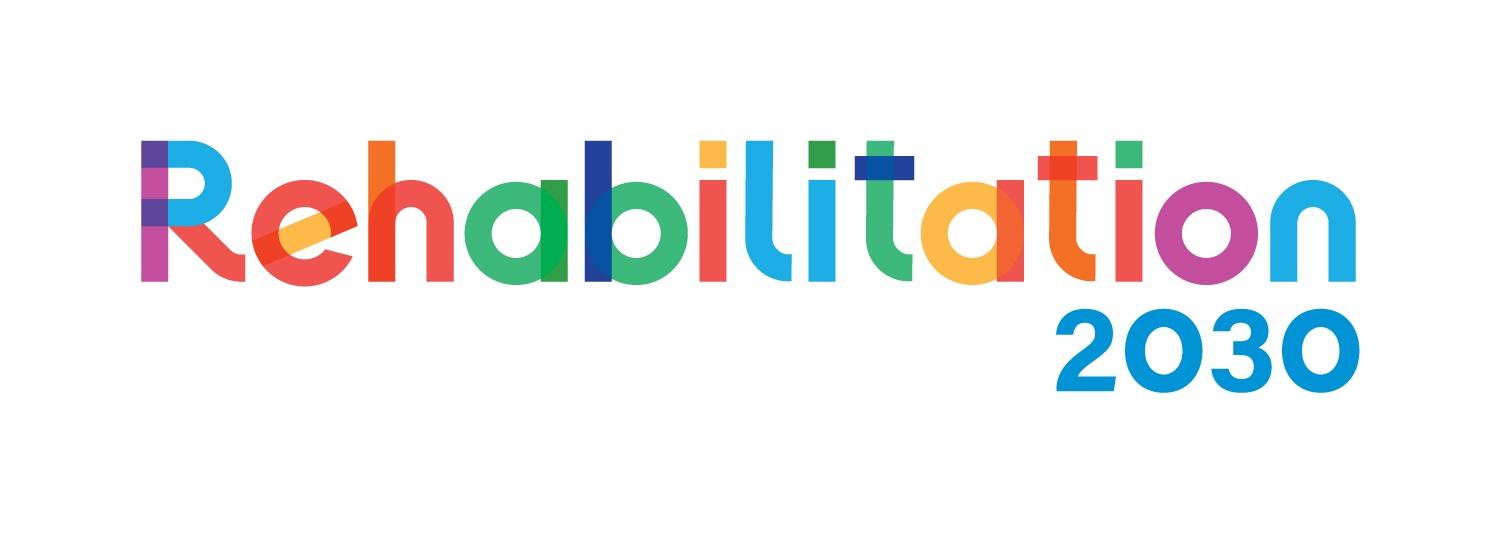4. Monitor

Follow the steps involved in monitoring the person as they go through self-care rehabilitation.
- Re-assess difficulties
with community and social engagement by revisiting the relevant questions asked
during the initial assessment.
- Review community and
social engagement interventions.
For example, ask the person who has been practising playing soccer with crutches whether they can do so now without falling.
-
Progress community and social engagement
interventions.
For example, if the person with cognitive impairment finds attending a quiet religious event easy and not intimidating, they can progress to attending a soccer game.
-
Refer the person to other medical specialists if:
- No improvement seen in community and social engagement after a month
- Contraindications are seen during treatment
- You feel that the person has complex community and social difficulties that you cannot manage
For example, if a person who has been taught how to practice attending social events, has anxiety attacks whenever they do so, refer immediately to a medical specialist.
Note:
Remember to empower the person and caregiver (if there is one) to take control of their rehabilitation.
(Refer to the steps in the ‘Introduction to Rehabilitation module)
![]() Question
Question

Remember Kofi?
Kofi has weak muscles, difficulty standing up
and walking, urinary incontinence and is therefore unable to go to the farm.
Kofi has started with muscle
strengthening/transfers (sit-to-stand exercises) and bladder management
protocols (modifying the timing of his fluid intake, keeping a bathroom
schedule, pelvic floor exercises).
Kofi reports for review after two weeks and on
re-assessment he can now sit to stand independently with an increase in the
muscle power in his hips and knees. Kofi also has better control over his
bladder function.
Kofi however also reveals that he loves to play chess at the community center but has still not been able to do so because of his lack of confidence in interacting with people due to his existing disability.
What is the next step that you will take in Kofi’s management to promote community and social engagement?
Select all that apply.
- a. Refer Kofi to a clinical psychologist.
- b. Ask Kofi if he has any problems with the previous exercises.
- c. Advise Kofi on how to successfully engage in playing chess at the community center.
- d. Ask Kofi if the exercises have been easy or difficult for him.
If you selected a and c, you are correct.
Kofi can be referred to a clinical psychologist who will work with him to build his confidence. Kofi can also be advised to visit the community center with a friend or family member initially to provide support as he builds his confidence.
You have completed Lesson two!
If you have any questions or comments, post them on the discussion forum.
